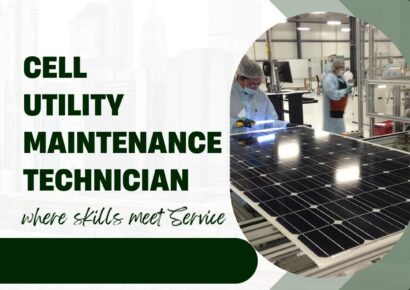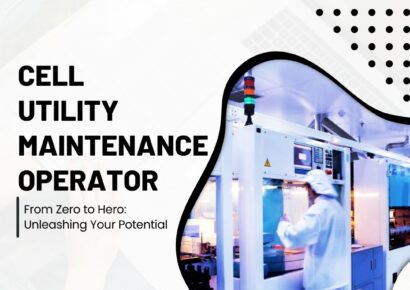Currently Empty: ₹0.00
About Course
A Cell Manufacturing Technician plays a pivotal role in the production of photovoltaic (PV) cells, the essential components of solar panels. Their responsibilities include operating and maintaining machinery, monitoring production processes, conducting quality checks, and troubleshooting issues. These technicians ensure that PV cells are fabricated efficiently and meet stringent quality standards. They often work in cleanroom environments to prevent contamination and maintain cell purity. A Cell Manufacturing Technician’s expertise is crucial for the production of high-quality solar cells, contributing to the growth of the renewable energy industry.
Course Content
Basics to PV Cell
-
Basics of Semiconductor
00:00 -
Solar Cell Principles & Production Environment
00:00
Cell Production
6s Occupational Health, Safety, and Environment (OHSE)
Workplace Help & Resources
Quick Review
Tags








